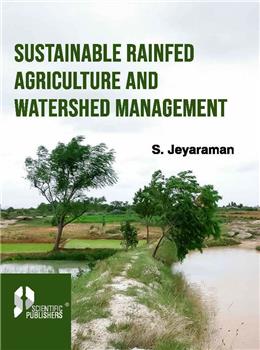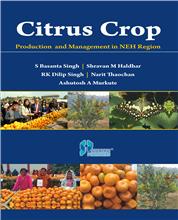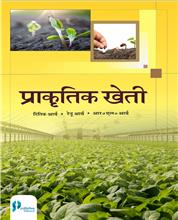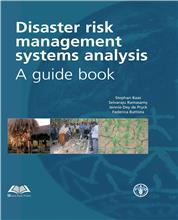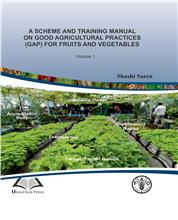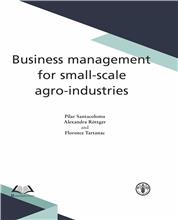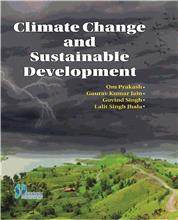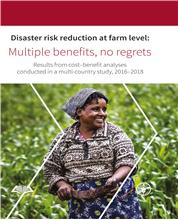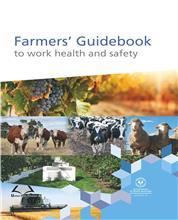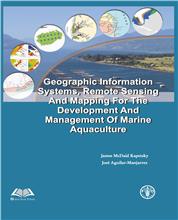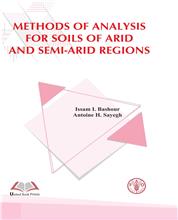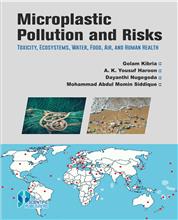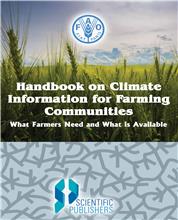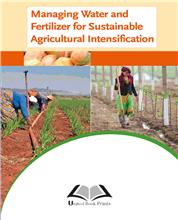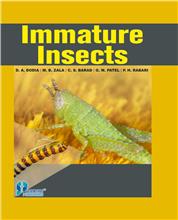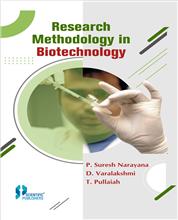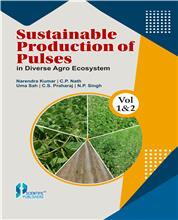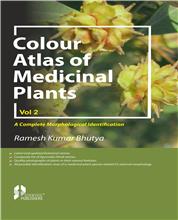The New Education Policy 2020 (NEP-2020)
of India has proposed several changes in the present higher agriculture
education system such as holistic multidisciplinary education while continuing
focus on agriculture and developing professionals with the ability to
understand and use local knowledge, traditional knowledge and emerging
technologies, while being cognizant of critical issues of declining
profitability and/or productivity but enhanced economic aspirations of farmers,
climate change, food sufficiency, etc. The rainfed production systems in a
watershed include i) crop and cropping systems; ii) diversified land use
including agro-forestry, dryland horticulture including fruit trees on
homestead, farmland, fisheries, etc, iii) livestock and animal husbandry
including poultry, pisciculture (fishery), rabbit rearing, apiculture, etc, and
iv) grazing ground and pasture including grazing practices, grazing/cut and
carry systems, stall feeding, etc.
This book ‘Sustainable Rainfed
Agriculture and Watershed Management’ covers the local knowledge, traditional
knowledge and emerging technologies on rainfed agriculture, rainfed based
farming systems, conservation agriculture, alternative land use systems for
dryland areas, wasteland Development aspects and watershed planning and
management from different countries that suite India and neighbouring
countries. Horticulture, agroforestry, seed spices, medicinal and aromatic
plants, animal husbandry fishery, livestock and beekeeping, etc., are integral
component of rainfed farming systems. As this book covers the principles and
practices of rainfed agriculture, rainfed based farming systems, agroforestry
and watershed planning and management, it is suitable all agricultural
universities in India, Pakistan, Bangladesh, Sri Lanka, African counties, etc.
This book will be a ready reckoner for under graduate students of Agriculture,
Horticulture, Forestry and Agricultural Engineering as well as to the extension
officers and personnel interested in rainfed agriculture and watershed
management. This book can be also used as a reference book for the M.Sc. (Ag)
students in Agronomy. This book is valid for a minimum period of ten years.
Table of Contents
Preface.
Chapter 1: Dry farming and Rainfed agriculture: an introduction
Chapter 2: Dryland types and their climatic classification.
Chapter 3: Climate in rainfed agriculture
Chapter 4: Soils in dryland agriculture.
Chapter 5: Land and crop management practices in rainfed agriculture
Chapter 6: Drought types and their management.
Chapter 7: Climatic analysis for crop planning.
Chapter 8: Plant ideotypes, choice of crops and varieties, crop substitution and
cropping systems in drylands.
Chapter 9: Contingent crop planning and midterm correction for aberrant
weather conditions.
Chapter 10: Weed management practices in drylands.
Chapter 11: Soil fertility management in drylands
Chapter 12: Soil and Water Conservation Measures.
Chapter 13: Water management in rainfed agriculture.
Chapter 14: Crop protection in dryland crops.
Chapter 15: Mechanization of Rainfed Agriculture.
Chapter 16: Crop yield and productivity.
Chapter 17: Conservation Agriculture.
Chapter 18: Integrated farming systems for dryland areas.
Chapter 19: Agroforestry.
Chapter 20: Alternate land use based farming systems in rainfed agriculture.
Chapter 21: Wasteland Development: Definition, Extent and Classification.
Chapter 22: Watershed management .
Chapter 23: Rain water harvesting on watershed basis .
Chapter 24: Sustainable Rainfed Agriculture and Watershed Management.
References.
